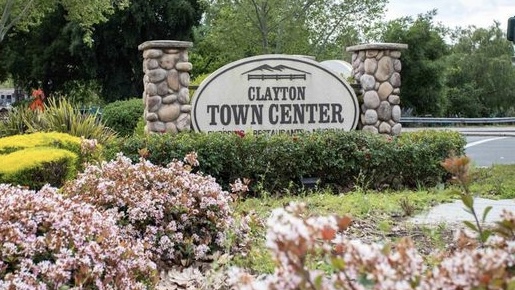Are online textbooks a force for good?
A stack of Biology textbooks from 2010, resting on a desk.
March 8, 2019
As more schools adopt online coursework, finding a cheaper second-hand textbook is not always an option.
Textbooks are now commonly bundled with online activation codes — which offer students a digital version of their textbook and a lot of other features. Some of this online material includes: pre-made curriculums with study guides for teachers to use, slides for presentations and homework that can be graded automatically.
This can be particularly attractive to professors because it cuts down on time spent grading, which allows for students to receive instant feedback on their assignments.
“I can never grade all the problems closely enough to make it really worth their time to read my comments. So with the online stuff they can get the answer right away or after they worked, can see it done through thoroughly,” said professor Will Parks, who uses online coursework frequently. “It’s a lot better than just handing it in to me and me checking it off.”
While pleased with online textbook services, its use may be limited. “It’s good for something that isn’t open ended,” said music major Everett Fischer. “Open ended, being anything that requires writing that isn’t a single answer. A multiple choice English question is okay, but one where you have to write your interpretation of the answer isn’t.”
While these online textbooks have many useful features, they may cause problems for students trying to save money. Traditionally, physical textbooks can be reused by others taking the same course. However, online access codes cannot. These codes don’t last forever and often expire when the class ends — this makes used textbooks useless for the classes that require the online coursework.
“The main reason why I am doing that is the cost of going to college is just increasingly getting out of control and I don’t think that you should be in a certain class to attain a certain level of knowledge, “said mathematics professor Lindsey Wylie when referring to DVC’s use of low-cost alternatives to textbooks. “So making the textbook, taking that out of the equation, is a value. I am also in a position where I can do that, I’m a full-time instructor here at DVC, I’m planning on being here for 30 years, and I’m essentially writing a textbook for my students.”
Instead of assigning chapters to a textbook, Wylie gives her students daily handouts that cover all the required topics. Wylie also has students use Knewton, which is similar to the online services provided by textbook companies, but it only cost $10 a month, totaling to about $40 and is the only other cost of taking the course other than the enrollment fee.
Senate Bill 1359, which was made active Jan. 1, 2018, requires each California Community College and California State University campuses to, “Clearly highlight, by means that may include a symbol or logo in a conspicuous place on the online campus course schedule, the courses that exclusively use digital course materials that are free of charge to students and may have a low-cost option for print versions.”
While this bill doesn’t necessarily encourage professors to move towards open textbooks or cheaper alternatives, it makes it easy for students to see which courses offer it.








































































